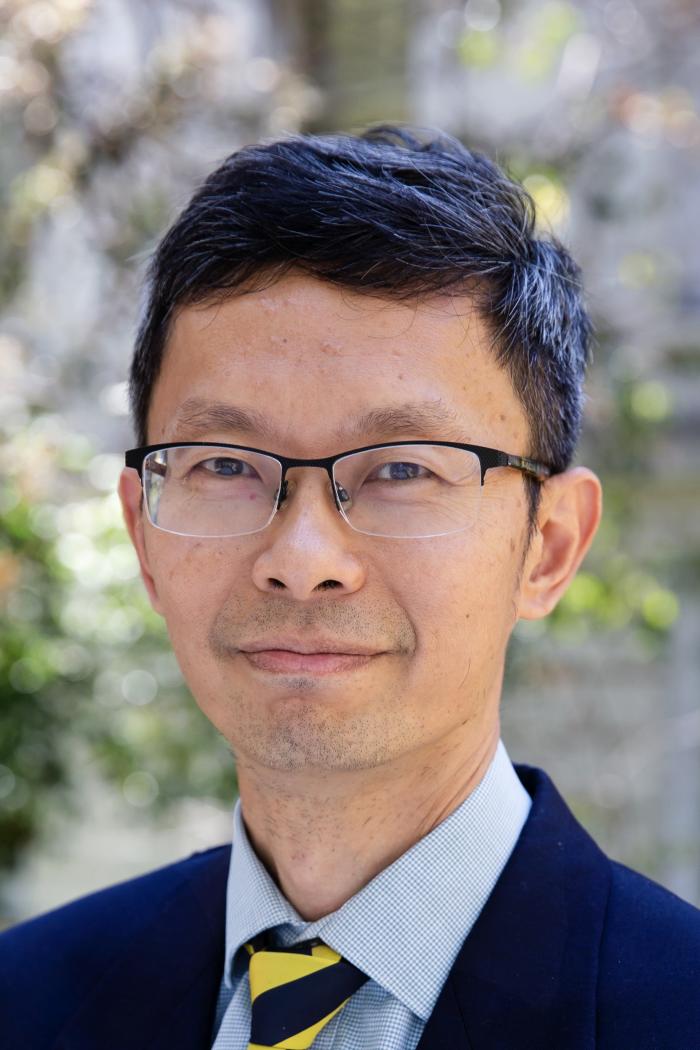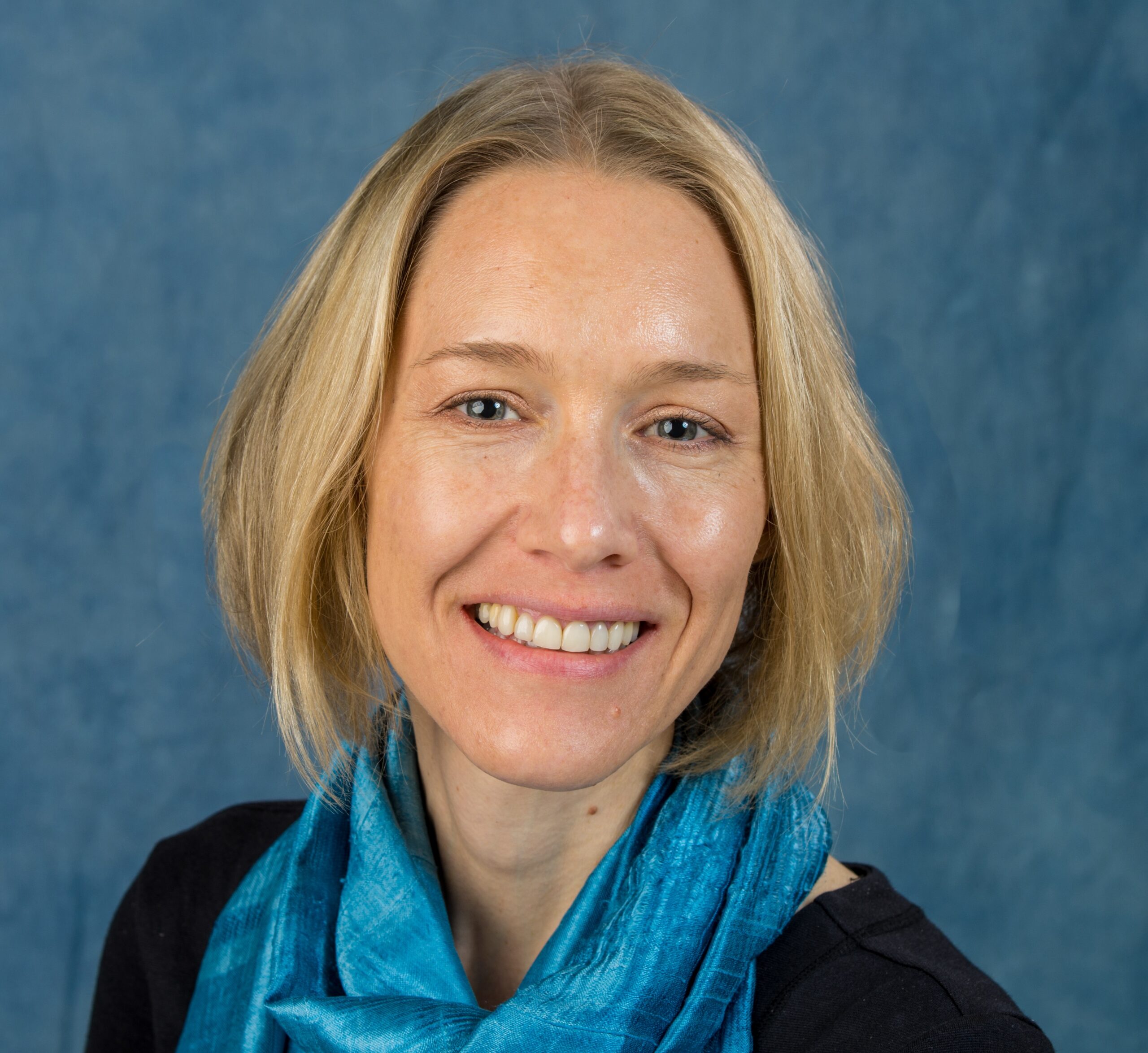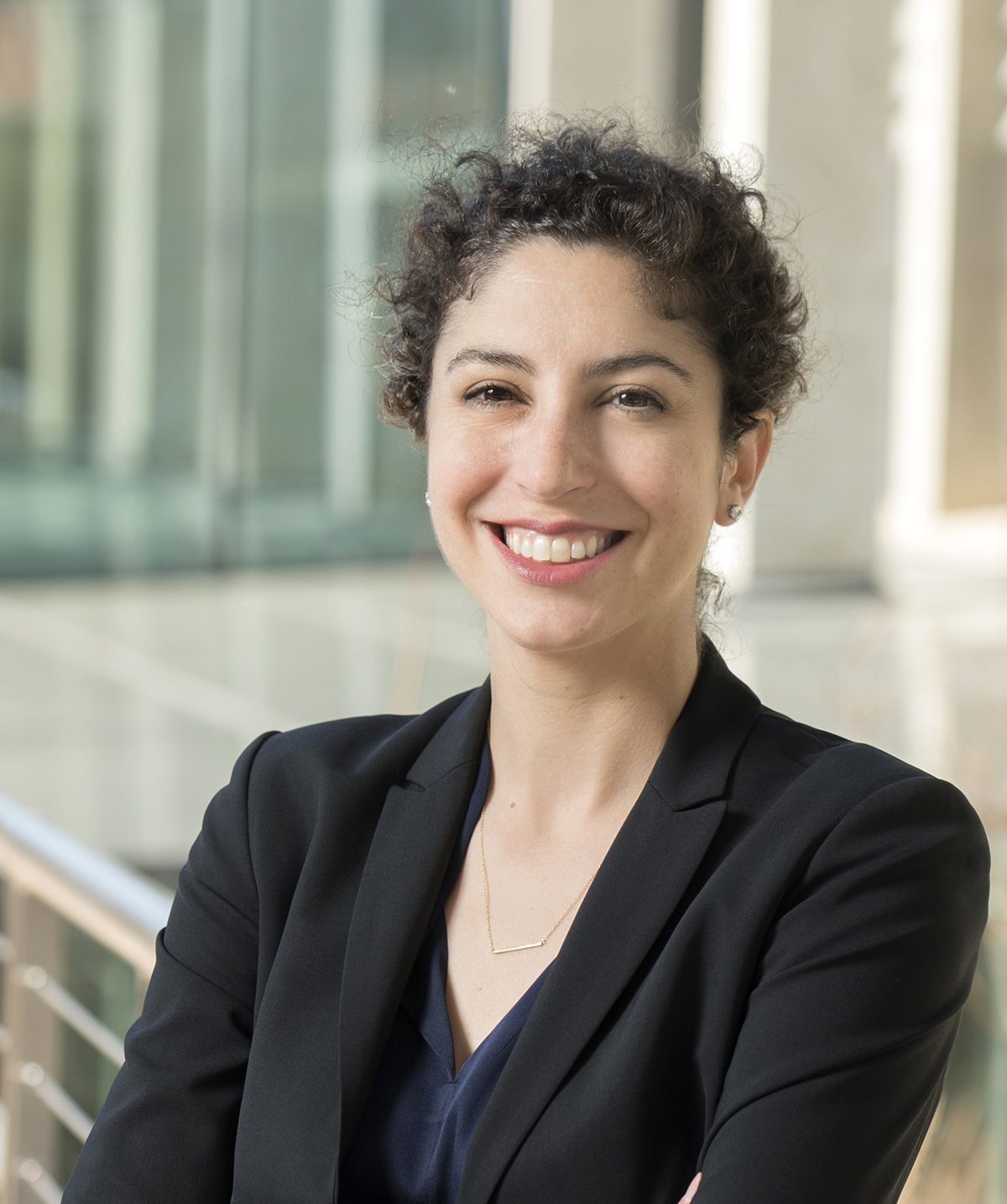As governments and businesses begin to use more forms of biometric identification – including fingerprints, facial recognition, and voice recognition, among others – it’s easier than ever to recognize a person. What implications do these technologies have on the future of privacy and surveillance? In this Matrix on Point panel, experts will evaluate how biometric identification might change our understanding of the relationship between people, private industry, and their government.
The panel will feature John Chuang, Professor in the UC Berkeley School of Information; Lawrence Cohen, Professor in Anthropology and South and Southeast Asian Studies and the co-director of the Medical Anthropology Program; and Jennifer Urban, Clinical Professor of Law at Berkeley Law, where she is Director of Policy Initiatives at the Samuelson Law, Technology & Public Policy Clinic and a co-faculty director of the Berkeley Center for Law and Technology. The panel will be moderated by Rebecca Wexler, Assistant Professor of Law at Berkeley Law and Faculty Co-Director of the Berkeley Center for Law & Technology.
Co-sponsored by the UC Berkeley School of Law, the Center for the Study of Law and Society, the Center for Science, Technology, Medicine, & Society, the Center for Long-Term Cybersecurity, and the UC Berkeley School of Information. This will be held in-person at Social Science Matrix (820 Social Sciences Building, UC Berkeley).
REGISTER
Panelists

John Chuang is Professor at the UC Berkeley School of Information. His research and teaching span the areas of climate informatics, biosensory computing, and incentive-centered design. He leads the BioSENSE Lab in studying brainwave authentication using passthoughts, affective biosensing, embodied decision-making, and privacy of ubiquitous sensing. His earlier work investigated strategic cybersecurity investments, incentives for peer production, and scalability of multicast trees. He received his Ph.D. in Engineering and Public Policy from Carnegie Mellon University, M.S. in Electrical Engineering from Stanford University, and graduated summa cum laude in Electrical Engineering from the University of Southern California.

Lawrence Cohen is a scholar of religion and a medical anthropologist. Much of his work has focused on the norms and forms of political life in India, attending to questions of old age and the place of the family in the decolonization of knowledge; to the sexual and gendered logics of “backwardness”; and to the mediation and regulation of markets in human organs as sites to think about ethics as public culture. For the past decade he has studied contending models of biometrics and big data in the control and governance of economy and society, with a focus on India’s massive “Aadhaar” identification project.

Jennifer M. Urban is a Clinical Professor of Law at the University of California, Berkeley School of Law, where she is Director of Policy Initiatives at the Samuelson Law, Technology & Public Policy Clinic and a co-faculty director of the Berkeley Center for Law and Technology. In March 2021, Urban was appointed by California Governor Gavin Newsom to be the inaugural Chair of the California Privacy Protection Agency Board. Prior to joining Berkeley Law, Urban founded and directed the USC Intellectual Property & Technology Law Clinic at the University of Southern California, Gould School of Law. Before that, she was the Samuelson Clinic’s first fellow and an attorney with the Venture Law Group in Silicon Valley. She holds a B.A. in biological science (concentration in neurobiology and behavior) from Cornell University, and a J.D. (with law and technology certificate) from Berkeley Law.

Rebecca Wexler is Assistant Professor of Law at Berkeley Law and Faculty Co-Director of the Berkeley Center for Law & Technology. Wexler’s teaching and research focus on data, technology, and secrecy in the criminal legal system, with a particular focus on evidence law, trade secret law, and data privacy. Her scholarship has appeared or is forthcoming in the Harvard Law Review, Stanford Law Review, Yale Law Journal Forum, NYU Law Review, UCLA Law Review, Texas Law Review, Vanderbilt Law Review, and Berkeley Technology Law Journal, as well as in peer-reviewed computer science publications. Wexler will serve as senior policy advisor at the White House Office of Science and Technology Policy in Spring 2023, and as a visiting professor at Columbia Law School in Fall 2023.
View Map